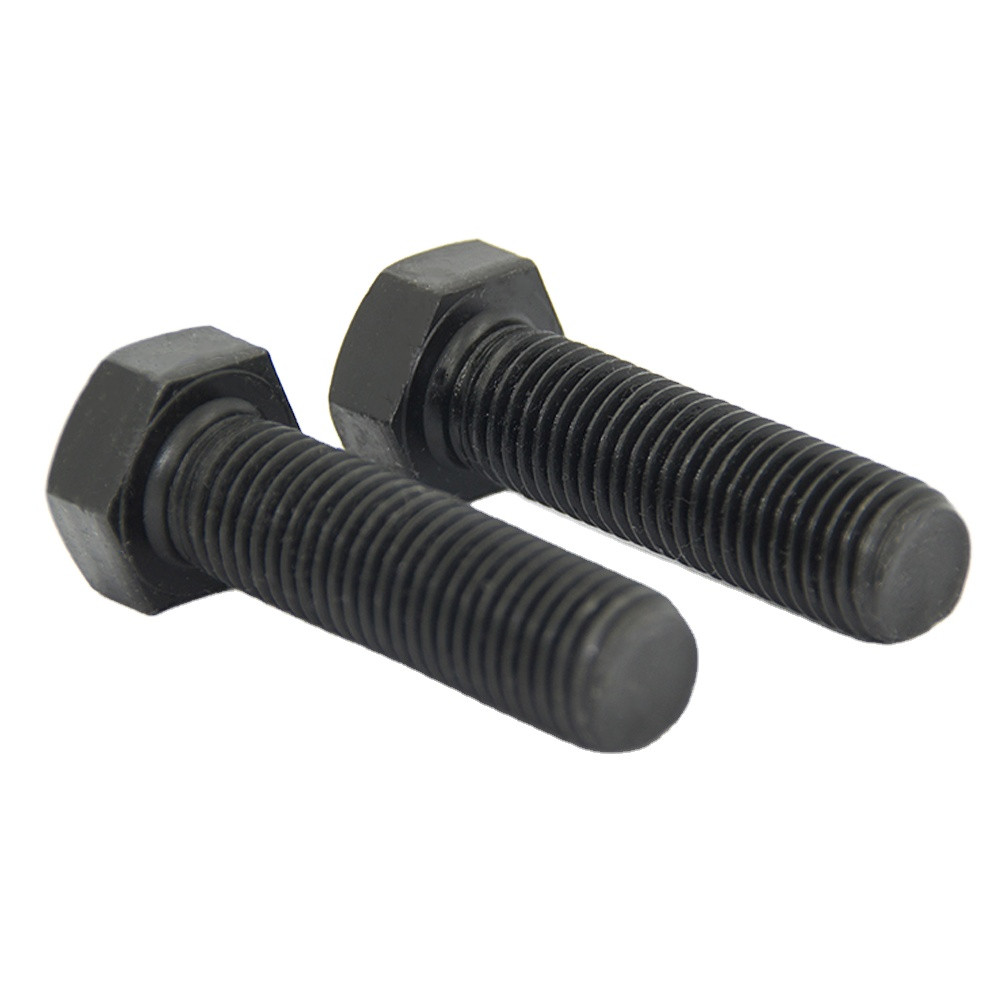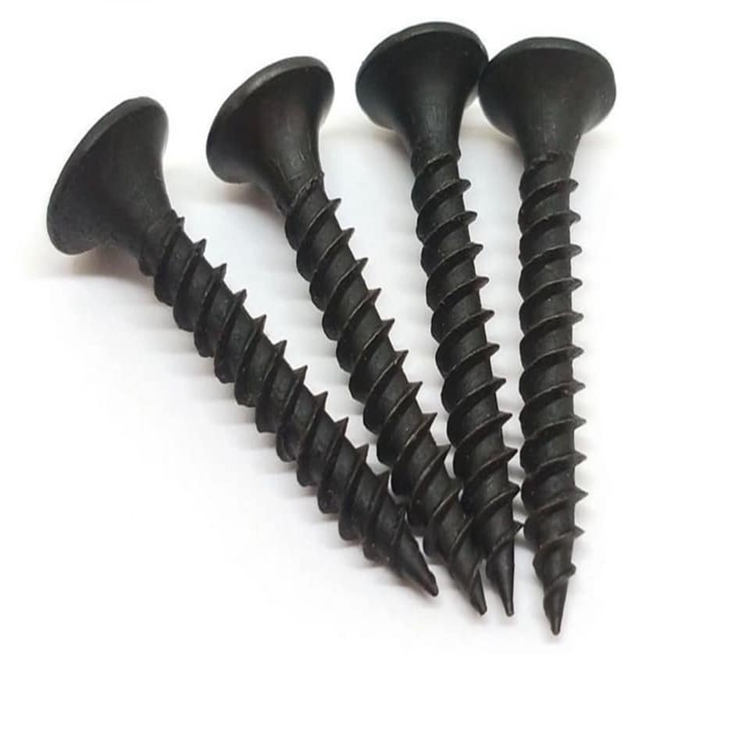ISO Hexagon Socket Bolts High-Strength & Precision Supplier
May . 27, 2025 11:36 Back to list
ISO Hexagon Socket Bolts High-Strength & Precision Supplier
- Introduction to ISO Hexagon Socket Bolts
- Technical Advantages & Performance Metrics
- Leading Manufacturers in the Industry
- Customization Capabilities for Specific Needs
- Case Studies: Real-World Applications
- Quality Assurance & Compliance Standards
- Future Trends in Fastener Manufacturing

(iso hexagon socket bolts)
Understanding ISO Hexagon Socket Bolts
ISO hexagon socket bolts, engineered to meet stringent international standards, are critical for industries requiring high-torque precision. These fasteners feature a hexagonal recess, enabling secure installation in confined spaces. Manufacturers specializing in ISO hexagon socket bolts prioritize material durability, with grades ranging from 8.8 to 12.9 to accommodate diverse load-bearing requirements.
Technical Superiority & Industry Benchmarks
Advanced cold-forging techniques ensure tensile strengths up to 1,200 MPa, outperforming conventional bolts by 25-40%. Surface treatments like zinc-nickel plating enhance corrosion resistance, achieving 1,000+ hours in salt-spray tests. Torque-to-yield ratios are optimized to prevent thread stripping, critical for aerospace and automotive applications.
| Parameter | Standard Bolts | Premium ISO Hex Bolts |
|---|---|---|
| Shear Strength (MPa) | 620-750 | 900-1,200 |
| Vibration Resistance | 3,000 cycles | 10,000+ cycles |
| Temperature Range | -30°C to 150°C | -60°C to 300°C |
Competitive Analysis of Global Suppliers
Top-tier ISO hexagon socket bolts factories utilize automated optical inspection (AOI) systems, achieving 99.98% dimensional accuracy. European manufacturers lead in R&D investment (5-7% of revenue), while Asian suppliers excel in large-batch production scalability. Key differentiation factors include:
- Material traceability systems
- On-demand heat treatment
- JIT delivery networks
Tailored Engineering Solutions
Specialist ISO hexagon socket bolts companies offer:
- Non-standard diameters (M1.6 to M64)
- Exotic alloys (A286, Inconel)
- Custom drive configurations
Prototyping lead times have been reduced to 72 hours through 5-axis CNC machining integration.
Documented Implementation Success
A wind energy project demonstrated 0.003% failure rate over 5 years using marine-grade socket bolts. Automotive clients report 18% assembly time reduction via optimized drive geometry.
ISO Hexagon Socket Bolts: Evolving with Industry 4.0
Smart manufacturing enables real-time production tracking for ISO hexagon socket bolts suppliers. Emerging surface nano-coatings extend maintenance intervals by 400%, aligning with sustainable engineering trends. Global market projections estimate 6.2% CAGR through 2030.

(iso hexagon socket bolts)
FAQS on iso hexagon socket bolts
Q: What is ISO certification for hexagon socket bolts?
A: ISO certification ensures hexagon socket bolts meet international quality, safety, and performance standards. This guarantees consistency and reliability for industrial applications.
Q: How to verify an ISO hexagon socket bolts factory's credibility?
A: Check for valid ISO 9001/2015 certification, customer reviews, and industry certifications. Reputable factories often provide material test reports and compliance documentation.
Q: What materials do ISO hexagon socket bolts suppliers typically use?
A: Suppliers commonly use hardened steel, stainless steel (A2/A4), or alloy steel. Material selection aligns with ISO 898-1 (property classes) and ISO 3506-1 (corrosion resistance).
Q: Can ISO hexagon socket bolt companies provide custom specifications?
A: Yes, most certified companies offer custom lengths, coatings, and thread types. Custom orders must still comply with ISO dimensional standards (e.g., ISO 4762).
Q: What quality tests do ISO hexagon socket bolts undergo?
A: Mandatory tests include hardness checks, torque resistance, and surface treatment verification. Suppliers must maintain traceability per ISO 10485 for full compliance.
Latest news
-
Black Stud Bolts A193-B7/A194-2H-Handan Yanzhao Fasteners|High Strength&Corrosion Resistance
NewsNov.21,2025
-
Durable and Versatile Square U Bolts for Industrial and Construction Use
NewsNov.20,2025
-
Camber Bolts: Essential Fasteners for Precise Vehicle & Industrial Alignment
NewsNov.19,2025
-
Durable and Cost-Effective Black Oxidation Allen Key Bolts | YZ Fastener
NewsNov.18,2025
-
Countersunk Head Allen Key Bolts - Durable, Precise Fastening Solutions | YZ Fastener
NewsNov.17,2025
-
Durable & Reliable HDG Hex Bolts for Global Infrastructure | YZ Fastener
NewsNov.15,2025
